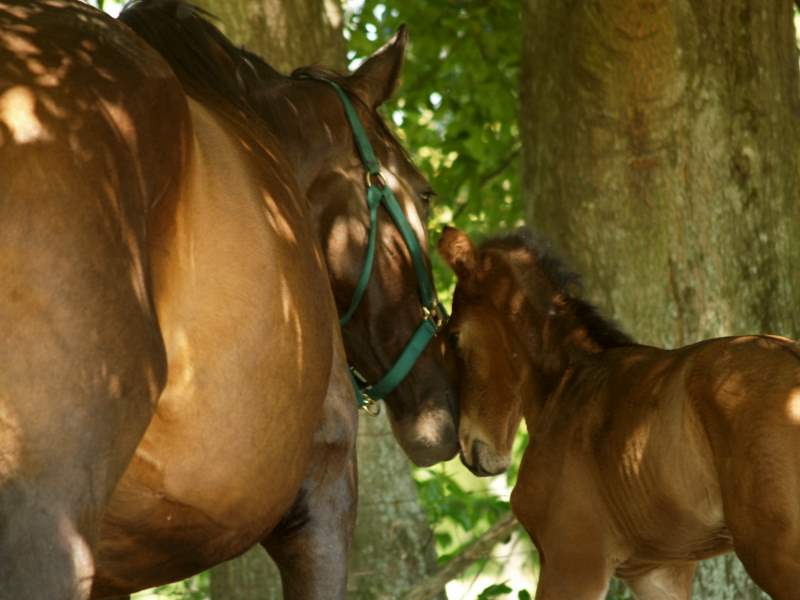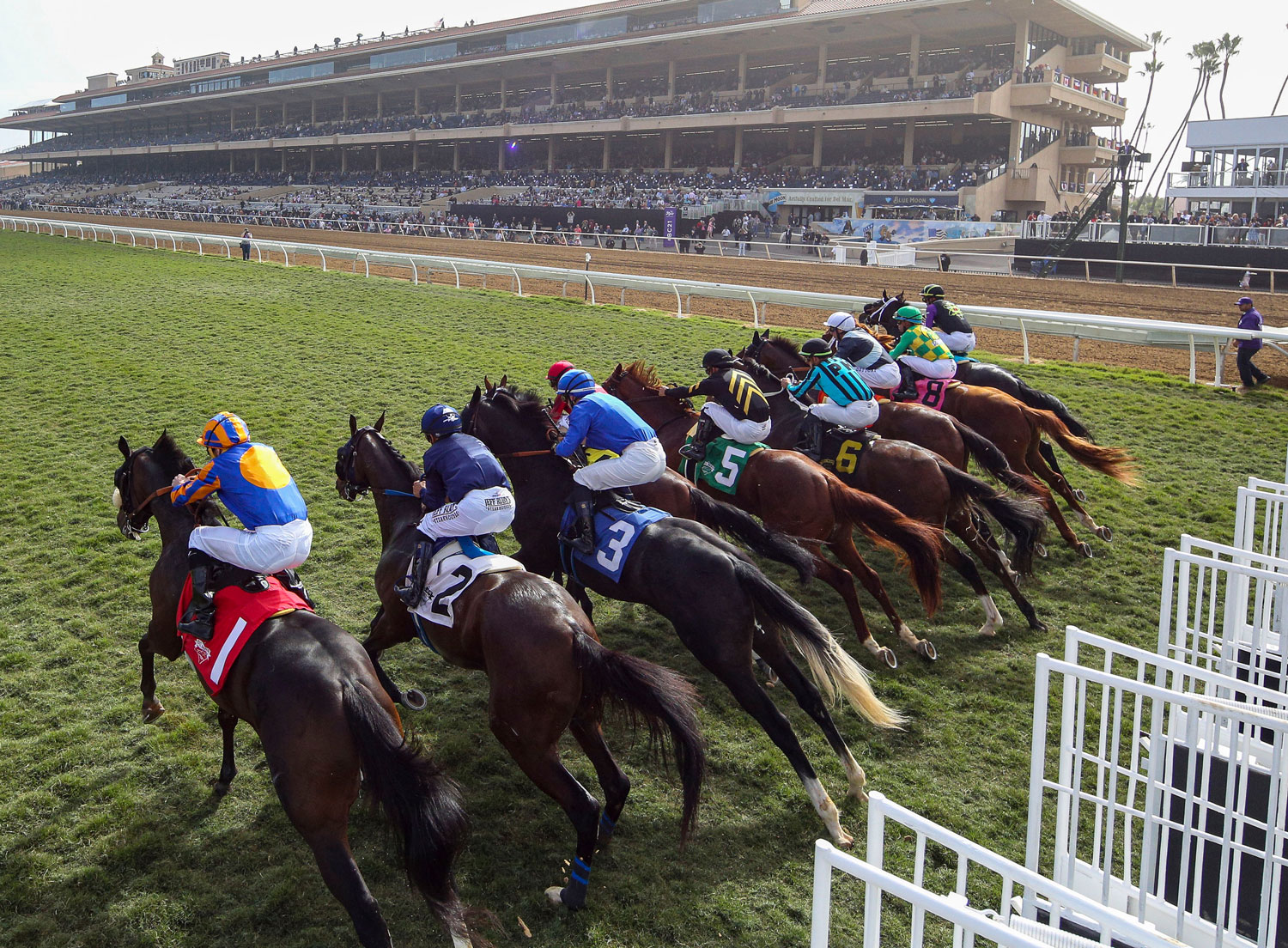It’s no secret that healthy, successful pregnancies start with healthy mares, so chances are, you already have a good routine in place for keeping your mare in top shape leading up to the breeding season.
While it goes without saying that your mare will need a safe, warm place to foal, you also need to pay special attention to her health and nutrition. It’s important to have a feeding strategy in place to help your mare get additional calories, protein, calcium and phosphorous, and a plan to keep close tabs on her weight, as pregnant mares should rank slightly higher on the Henneke Body Condition Scale than other mares (although not too high, as obesity can lead to a host of health issues).
Because of these increased needs, many horse owners turn to expensive, specially formulated feeds for their broodmares. In moderation, feeding a small amount of these feeds can be beneficial for some mares. But more often, the kinds of high-fat, starch-ridden sweet feeds that are marketed to the owners of broodmares may cause more harm than good by creating:
- Difficulties digesting food properly
- Difficulties making the most of nutrients in food
- Poor gi tract health.
The Connection Between Continuous Foraging and Improved Fertility in Mares
According to a 2013 peer-reviewed study published in PloS One, mares that had continuous access to hay or grass around the clock:- Were much more likely to be in foal by mid-June than horses with restricted access to forage.
- Were nearly twice as likely to conceive on the first insemination, as compared to the mares with less grazing time
- Had more regular cycles.
- Restricted feeding time stresses horses mentally and physically, and stress is known to have a negative impact on reproduction.
- Continuous forage improves metabolism in horses, triggers digestion, and encourages a healthy gut, so the mares may have an enhanced body condition better for reproductive success.




